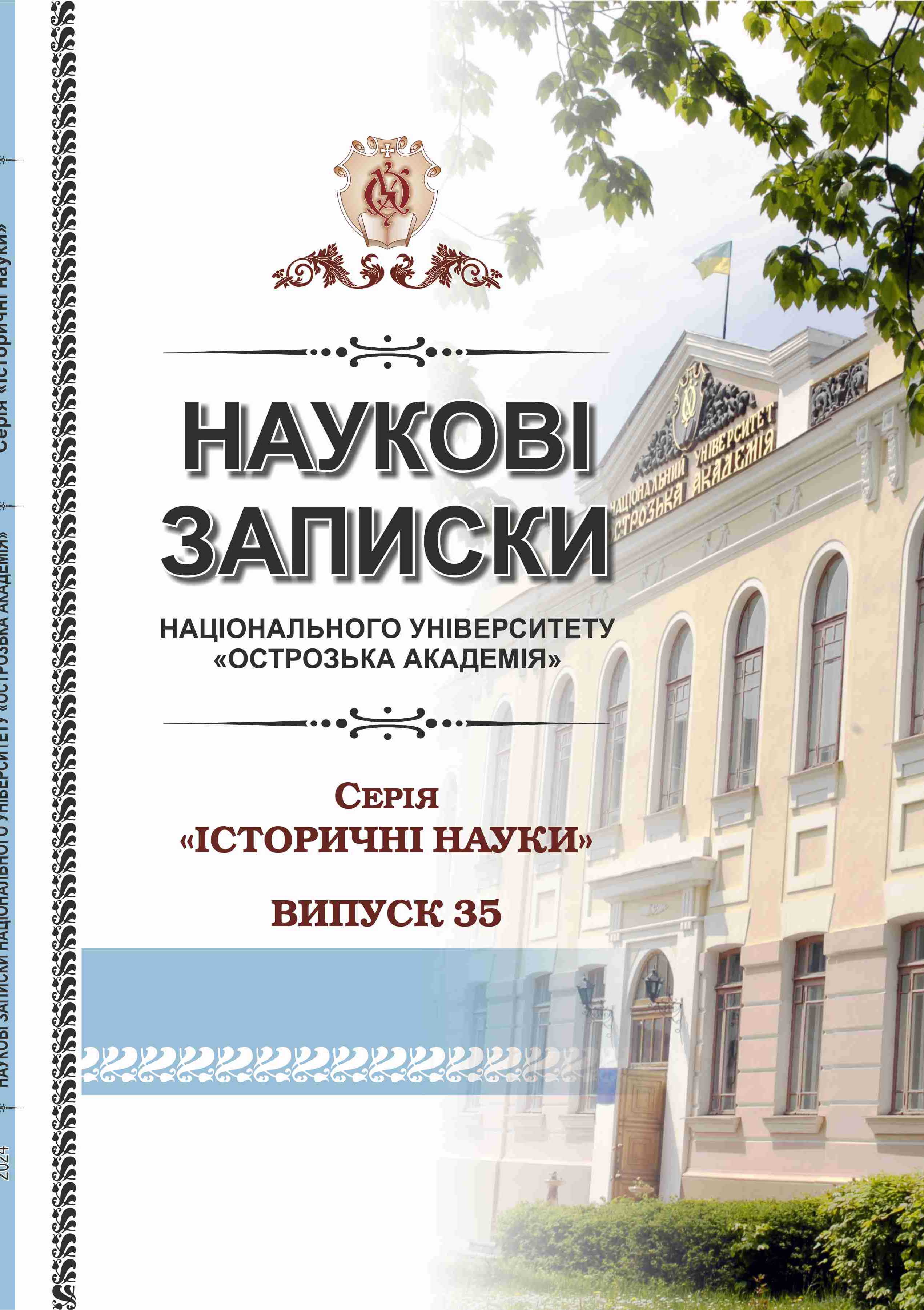THE INVESTIGATOR OF UKRAINIAN KOBZAR ART OLEKSANDR MALYNKA, THE GRADUATE OF COUNT BEZBORODKO HISTORICAL PHILOLOGICAL INSTITUTE IN NIZHYN
Keywords:
folk lore, blind singers, kobzars, bandurysts and lirnyks, repertoire, historical songs, psalms, household songs, O. Malynka, Nizhyn Higher SchoolAbstract
The author analyzes scientific heritage of a prominent Ukrainian investigator of folk lore Oleksandr Malynka, who studied the corresponding material at Count Bezborodko Historical Philological Institute under the supervision of professors M. I. Sokolov, M. N. Speranskyi, V. I. Rezanov, who helped the young scientist to publish series of papers about kobzars, bandurysts and lirnyks at the end of the 19th – the beginning of the 20th c. These papers are analyzed by the author. The attention is drawn to the specificity of O. Malynka’s works, which are characterized by the richness of material, concerning life and creativity of folk singers, conditions of their studying by different kobzars, bandurysts and lirnyks, which passed their skills of playing various instruments and transmitted traditions of corresponding singing of multi-genre songs. O. Malinka also explored the differences between a kobzar and a lyre player, which was primarily determined by the genre-filled repertoire of songs. Special attention is drawn to O. Malynka’s interest to ancient historical songs (dumas), which were the real pearl of kobzars and bandurysts repertoire and which gradually begin to vanish from repertoire of young singers, and it is explained by the change of epochs and departure of old musicians from life. The article reveals the presence of female performance on the bandura, which was a new phenomenon in Ukrainian musical culture for that era. The appearance of songs about Taras Shevchenko and Shevchenko’s poems from «Kobzar» in the repertoire of some bandurysts is also taken into account. It is underlined that O. Malynka’s activity contributed to the fact that names of many kobzars, bandurysts and lirnyks remained in the history of Ukrainian culture.

